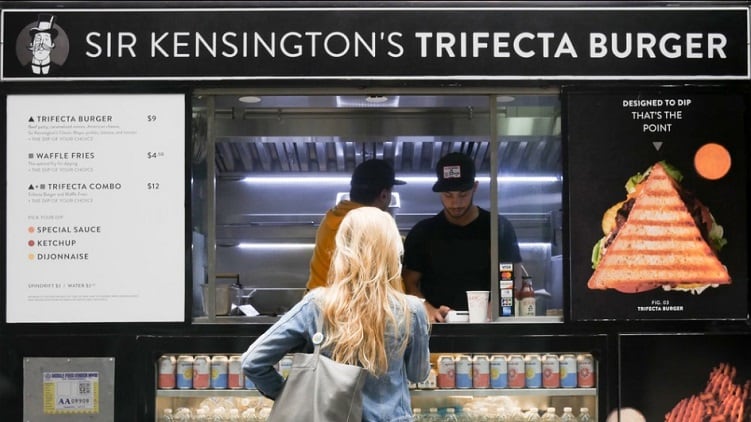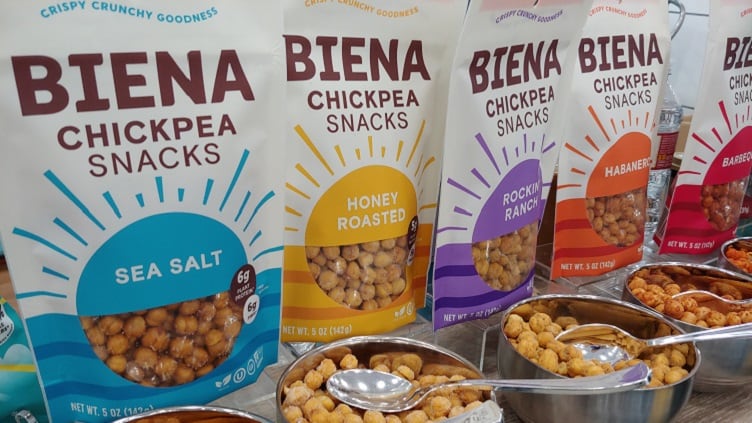This shift in power has created new paths forward for entrepreneurs who might previously have hit a dead end, but as the co-founder of the investment fund Fifty Years explains, partnering with a VC doesn’t come with any guarantees and isn’t for the faint of heart.
“In 2008 there was $60 million invested into US-based food tech companies by VCs, by 2013 that had reached $300 million and by 2015 it had reached $1 billion – so it is growing … really quite fast,” Seth Bannon, founding partner of the VC firm Fifty Years, told FoodNavigator-USA. He spoke at the Future Food Tech conference in New York City last summer, and is slated to speak at the conference again this year in June.
He explained that the reason VCs are pouring money into food tech is in part because large food companies are not investing internally in research and development like they once were – resulting in a system that is “incredibly broken.”
He added: “If there is one thing venture capital is really good at funding, it is innovation. And so I think the dynamic that we sort of see is that the large food companies are happily using VCs as a sort of outsourced R&D, where the VCs are taking on the risks of funding these startups and then when they do well, they either partner with or get acquired by the large food companies.”
Bannon says this model offers ‘mainly pros’ for everyone involved, but he does note that it is better for ambitious entrepreneurs with big dreams who are willing to take big risks to make those dreams a reality.
“Venture capital is a very specific type of capital. Venture capitalists fund things that are the cutting edge. They fund entrepreneurs with incredibly ambitious visions where maybe even the likelihood is that it is so ambitious it likely is going to fail. But if it doesn’t, it really moves the world forward in a huge way,” he said. “And so I think, at best, venture capitalists have an understanding with entrepreneurs that the entrepreneurs are taking a really big bet” and if they win the benefits are huge.
The downside is there is no guarantee and many VC investments flop or fail to reach the returns of high-profile successes, which is one reason why VCs invest in so many companies. They are playing a numbers game where if one in 10 pays off, the other shortcomings won’t sting as much.
Where are the best bets?
While not every investment will be a homerun, Bannon noted there are three industry categories that he believes have better odds of success than others.
The first is innovation that is replacing the need for animal agriculture, including cell-based meats and plant-based products.
“There is a massive movement away from products made through animal agriculture,” and so both cell-based and plant-based alternatives will grow quite fast, he predicts.
The second is innovation based on the idea that food is medicine, which Bannon says is gaining traction as more research connects diet directly to health and wellness.
The last area that Bannon says he is watching is “our dark horse,” and it is non-alcoholic beverages that still fill the social and cultural components of drinking alcohol.
“Getting a cranberry soda when everyone else is getting scotch on the rocks doesn’t work very well, and so I think there is an opportunity for companies to create non-alcoholic adult beverages that might have the same taste profile and the same function of alcohol, but just without the alcohol,” he said.



